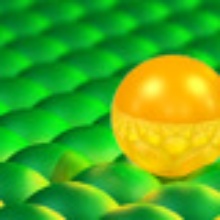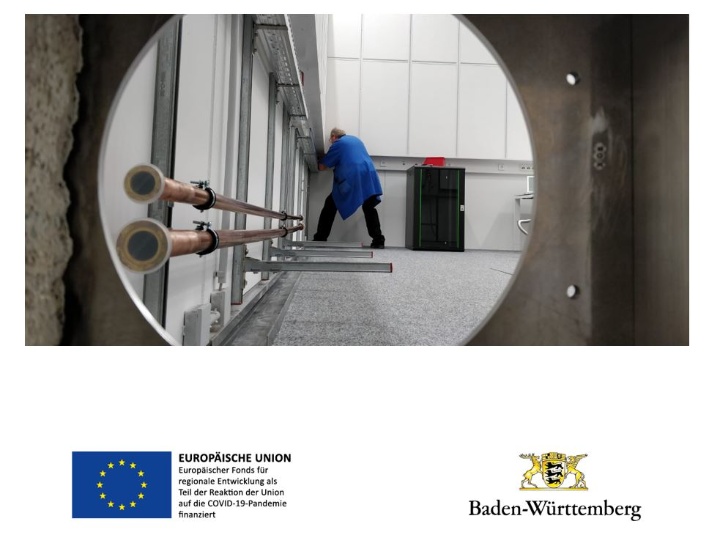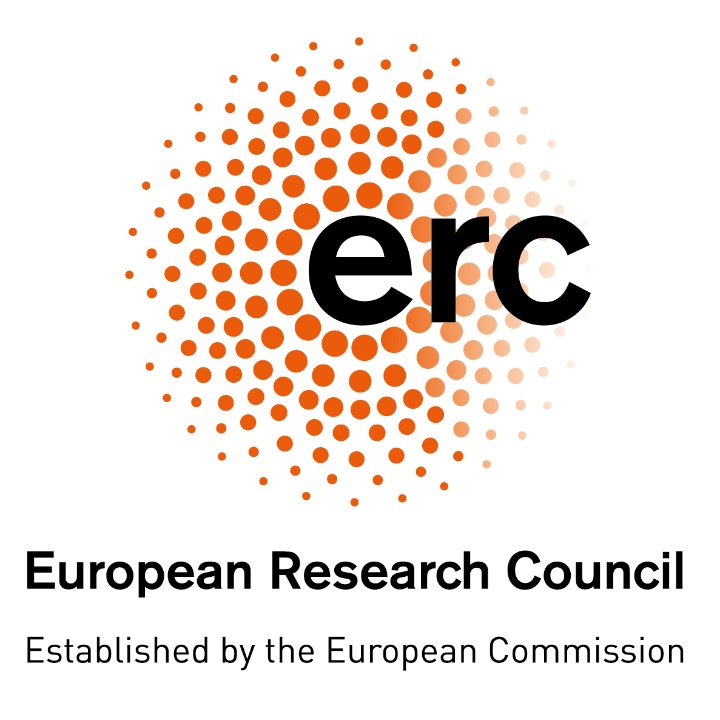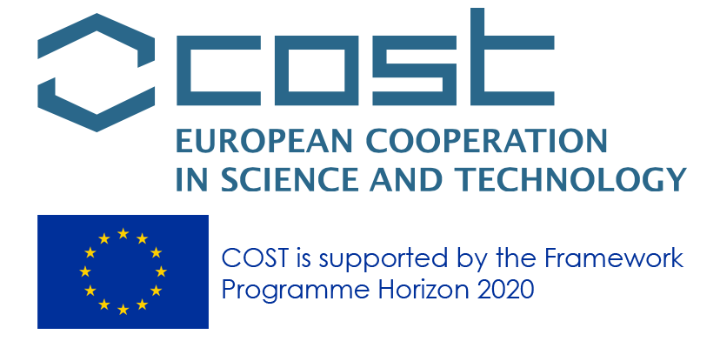Current Funding
Thanks to the REACT-EU development program, we now can set up a new cutting-edge research instrument. It will enable us to perform measurements of qubit networks composed of molecules or spin centers in 2D materials that are created by nano manipulation at ultra-low temperatures.
Prof. Loth comments on it: “QC.AFM will make it possible to measure quantum phenomena in molecular networks with unprecedented precision. The new microscope opens up new horizons for quantum nanoscience, especially for the utilization of two-dimensional molecular materials for quantum simulation in large qubit networks.”
Completed Funding
The project "Atomic-scale dynamics of quantum materials" aims to resolve ultrafast fluctuations of charge order and superconductivity in quantum materials with atomic spatial and picosecond time resolution. It is jointly hosted with the Max Planck Institute for Solid State Research and the Max Planck Institute for Structure and Dynamics of Matter.
Quantum materials exhibit strong electron-electron interaction, which gives rise to such remarkable phenomena as high temperature superconductivity and colossal magnetoresistance. These materials mark one of the frontiers of modern condensed matter physics: a new class of solids where many-body physics dominates. By understanding quantum materials a new generation of devices may become available, greatly boosting our ability to handle information or harvest energy.
A key difficulty is that correlated-electron materials present inherent complexity on multiple length and timescales, with static and dynamic inhomogeneities that determine cooperativity and the emergence of collective behavior.
The goal of the dasQ proposal is to resolve the microscopic dynamics of quantum materials in the presence of atomic scale heterogeneity.
Ultrafast pump probe spectroscopy at THz wavelength will be combined with scanning tunneling microscopy. Strong enhancement of THz radiation in the STM’s tunnel junction enables simultaneous atomic spatial resolution and picosecond time resolution. We will explore methods to control charge order locally by tip interaction, atom manipulation and coherent driving with THz fields. Atomically-resolved pump-probe spectroscopy will quantify nanometer-sized variations in quasiparticle lifetimes across inhomogeneous phases. Furthermore, the microscopic mechanism of charge density wave capture at singular pinning sites will be addressed. These experiments will impact many aspects of correlated-electron materials; one of the stated goals is to resolve how cooper pairing is modified locally when charge order competes with superconductivity.
The success of the dasQ project will create new experiments that interact with many-body phases at the intrinsic length scale of charge correlation and will identify opportunities for scaling of electronic devices using quantum materials.
The COST action "Molecular Spintronics" promotes networking and collaboration among the different scientific communities that are active in Europe in Molecular Spintronics to consolidate the worldleadership of Europe in this new and emergent field.
The QuantERA project "Scaling up quantum computation with molecular spins" aims to set the basis of a new architecture for quantum computation and simulation, in which information is encoded in molecular spin qubits that are read-out and communicate by coupling to a superconducting resonator (more details).
QuantERA is a network of 31 organisations from 26 countries, coordinated by the National Science Centre, Poland, supporting international research projects in the field of Quantum Technologies.
See our publications for a full list of references.
Contact
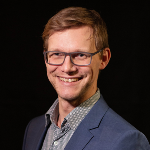
Sebastian Loth
Prof. Dr.Head of Institute FMQ1 (managing director)


